"Many families in remote and impoverished areas in eastern Sudan believe that children going on donkeys and camels to fetch water from distant water sources is more useful and beneficial for them than going to school."
This shocking statement was only one of many that volunteer in the United Nations Children's Fund (UNICEF), Tasneem Al-Reeh, told about her experience with the phenomenon of school dropouts in a number of areas across Sudan.
Tasneem's statements to Raseef22 come in the wake of a shocking report from UNICEF and Save the Children stating that "one in three school-age children in Sudan do not go to school".
The report estimated dropouts at 6.9 million children, while 12 million children suffer from problems of learning disruptions and instability.
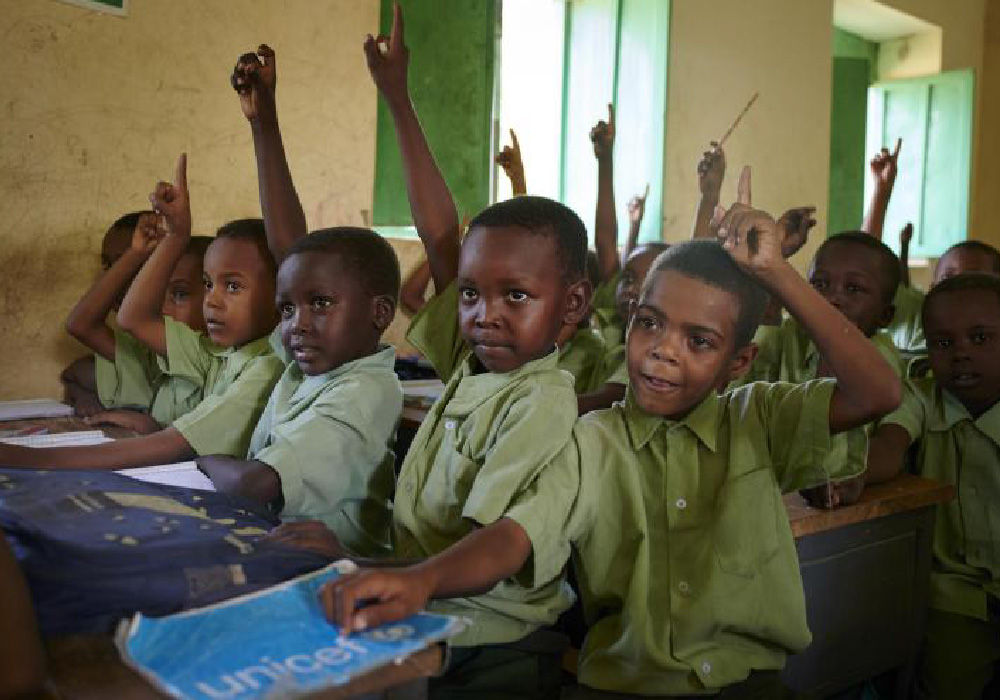
War and poverty
The most prominent question raised by the report is regarding the presence of that many children outside schools, which threatens to plunge them into the trap of illiteracy by its most basic definition (the inability to read and write).
Based on her ten-month experience, Tasneem says that the phenomenon of children not enrolling, attending, or dropping out of school is the result of two main factors: war and poverty.
She points out that most of the children mentioned in the report are concentrated in the Darfur region, which is suffering from the consequences of civil war and tribal conflicts, and in eastern Sudan, where the majority of the population suffers from extreme poverty, that has led to the spread of tuberculosis in an alarming way.
"Many families in remote and impoverished areas in eastern Sudan believe that it is more useful and beneficial for children to go on donkeys and camels to fetch water from water distant sources than to go to school"
She adds, "In Darfur, millions are settled in displacement camps, at a time when many families have lost their father figure or main provider, which pushes women and children alike to pursue marginal and arduous occupations to make a living.
In eastern Sudan, the absence of services, along with extreme poverty and the distribution of the population in areas — some remote — prompt families to refrain from enrolling their children in schools, in order to help provide income for the family, or even just for the role of collecting water from distant water sources and using it for irrigation, while bathing on a daily basis is considered a luxury.
She points out that some trips to fetch water on the backs of donkeys and camels usually take between 4 and 10 hours a day.
Despite the presence of large cities in eastern Sudan, such as Port Sudan, Kassala, and Suakin, a large part of the population lives in mountainous or desert areas in a primitive life similar to that of the medieval ages, in light of a great scarcity in health and educational facilities that are mostly concentrated in areas relatively far from the residential areas.
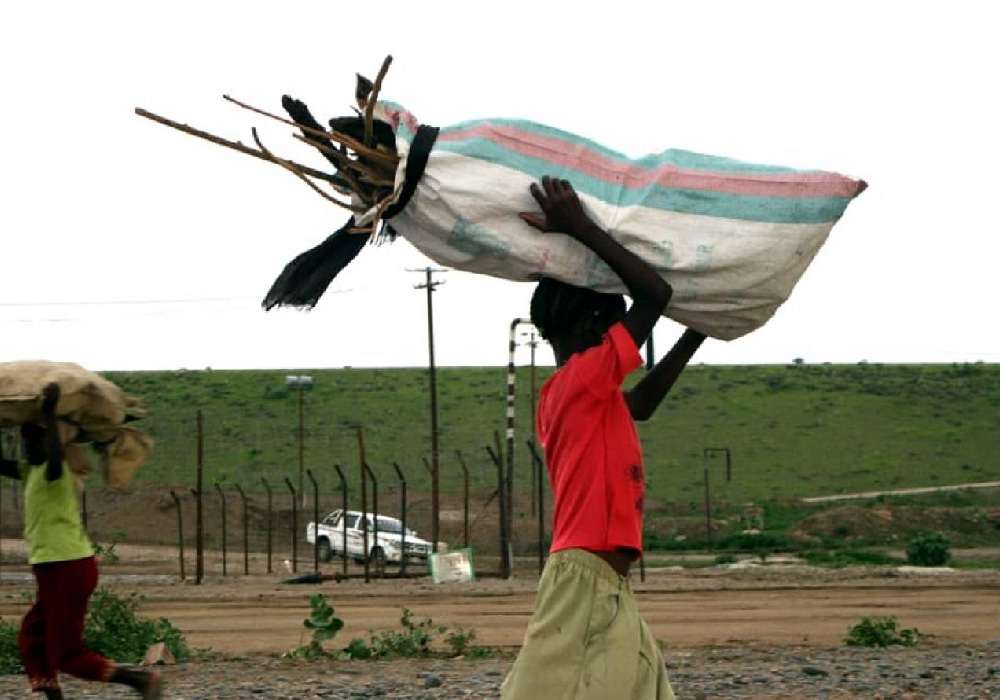
Between collapse and closure
The most prominent danger that the Sudanese government and organizations working in the fields of childhood and education will face, lies in the spread of crises to areas that, until recently, did not witness problems or issues related to children going to school.
Recently, more than 2,500 families were displaced from the Blue Nile region in the southeast of the country as a result of tribal violence that resulted in the death of dozens.
The Civil Defense police revealed that at least 142 schools collapsed due to the floods that swept the country the last few months, while the authorities in the state of Gezira in the center of the country estimated the amount of destroyed schools in the state to be equivalent to 40% of the total number of schools there.
By the end of 2018, the country had entered a period of high-frequency political turmoil, which led to the closure of schools on many occasions, in addition to the usual delays and disruptions that accompany the school year, like what had happened around a month ago when the opening of schools was postponed due to floods, and in 2020, schools closed their doors for several months due to the Covid pandemic.
UNICEF Country Director in Sudan Arshad Malik says, "Without an ambitious and exerted focus to address these crucial issues, more girls and boys will lose their childhoods to labour, marriage, and other rights violations".
Amal Othman, an activist with the “No to Oppression of Women” initiative, complains about the growing phenomenon of child marriage. She tells Raseef22 that prolonged school closures, and the refusal of many parents to enroll their daughters in schools in neighboring villages because of the impact of floods on their schools, eventually led to an increase in young school-age female students being outside school, and consequently the growth of phenomena such as child marriage and circumcision, which are practiced despite the law under the guise of preserving the honor of girls.
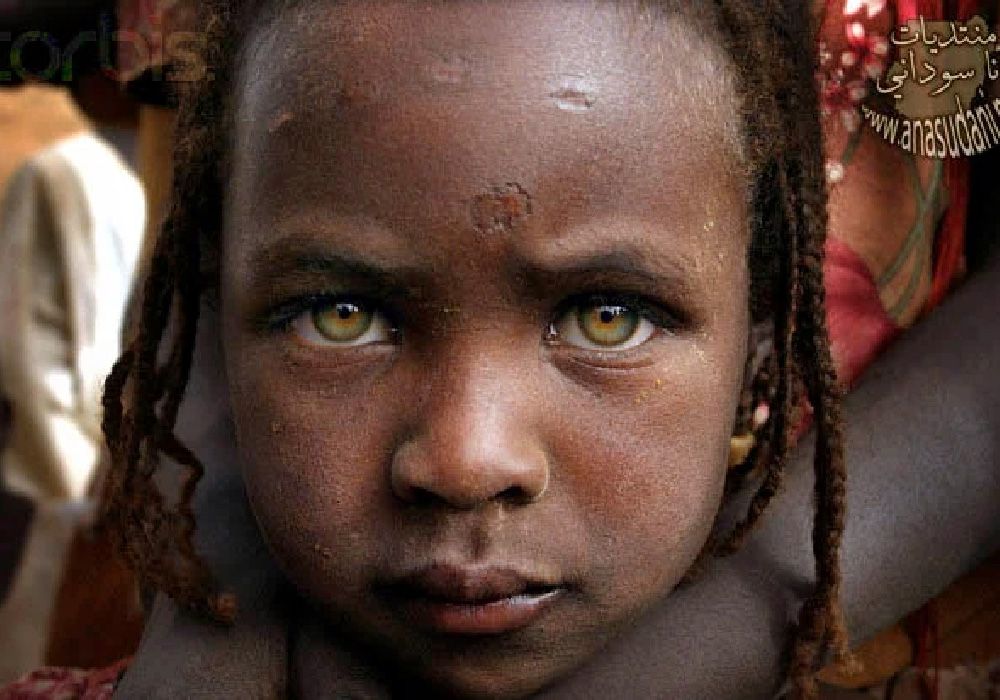
The absent state
In light of these shocking and frightening figures, the finger of accusation is usually directed at government authorities, which prompted us, in Raseef22, to call Makki Bashir, one of the officials in the Ministry of Education in the eastern province, in order to understand from him the reason for the growing phenomenon of children being outside schools.
"Prolonged school closures and the refusal of many parents to enroll their daughters in schools in neighboring villages due to floods, led to an increase in young girls being outside school, and in phenomena like child marriage and circumcision"
Bashir acknowledged the existence of government shortcomings and attributed it to the lack of resources, weak capabilities, and the lack of qualified staff, in addition to the distribution of villages in remote areas that are difficult to reach, especially during the rainy season.
However, he noted that the local authorities are making every effort to develop annual plans aimed at constructing more schools in the region, hiring hundreds of new teachers, and motivating them to work in remote areas.
In light of this miserable scene, and fears of a descent into further deterioration, there is an urgent need for immediate and long-term solutions.
Educational expert Nasser al-Sayed believes that solving the school dropout crisis is a reflection of the incurable situation experienced by education in general, and this all needs to have visions and perceptions put in place at all levels to begin finding a solution.
He tells Raseef22 that the biggest burden falls on the state, as its leaders need to increase spending in the public budget on education and establishing a proper infrastructure, while raising the wages of workers in the sector.
He adds that unless the state adheres to its roles, it will not be able to enact laws related to punishing parents who refuse to let their children go to school, or criminalizing people involved in practices like child labor.
Tasneem al-Reeh says that in light of the negligent role of the government, the focus is now on organizations and popular efforts to bridge this gap.
She also called for the return of popular, local efforts to build schools and pay additional incentives to teachers working in remote areas, urging organizations to contribute to the return of the "Education for Food" program.
The Education for Food programme is a government programme that distributes food to poor families in order to motivate them to send their children to school, instead of sending them to work in the market to make a living.
Most of the world's countries have formulated a new definition of illiteracy, related to the inability of a person to access and deal with modern technology and techniques, while we in Sudan are unable to even save a third of our children from the clutches of illiteracy in its most basic definition. And this is what we will surely pay the price for when we fall into a generational gap with a world that lives off of science and knowledge.
Raseef22 is a not for profit entity. Our focus is on quality journalism. Every contribution to the NasRaseef membership goes directly towards journalism production. We stand independent, not accepting corporate sponsorships, sponsored content or political funding.
Support our mission to keep Raseef22 available to all readers by clicking here!
Interested in writing with us? Check our pitch process here!
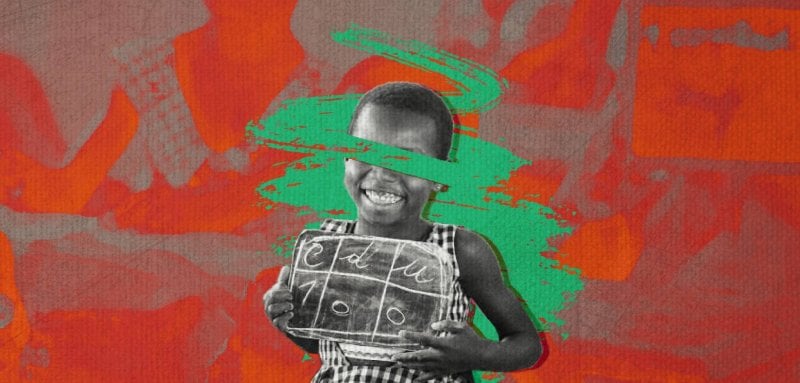
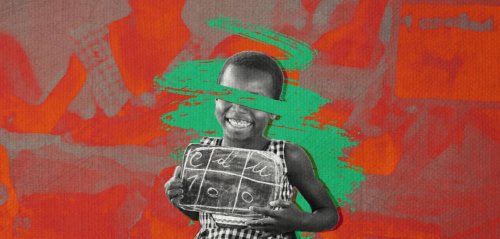
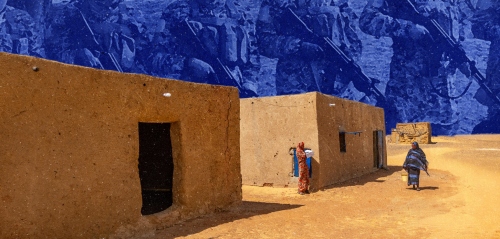
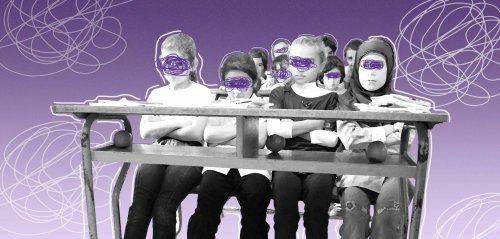
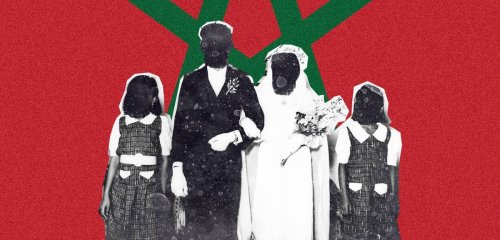



Join the Conversation
Anonymous user -
1 day agoرائع و عظيم ..
جيسيكا ملو فالنتاين -
5 days agoزاوية الموضوع لطيفة وتستحق التفكير إلا أنك حجبت عن المرأة أدوارا مهمة تلعبها في العائلة والمجتمع...
Bosaina Sharba -
1 week agoحلو الAudio
شكرا لالكن
رومان حداد -
1 week agoالتحليل عميق، رغم بساطته، شفاف كروح وممتلء كعقل، سأشاهد الفيلم ولكن ما أخشاه أن يكون التحليل أعمق...
Anonymous user -
2 weeks agoهذا ليس طبيعيا، وهو ينشئ في الحالات القصوى من اضطرابات ومشاكل نفسية. الإنسان العاقل عندما يواجه...
Anonymous user -
2 weeks agoAnyone that studies human psychology and biological functioning of the body and it's interactions...